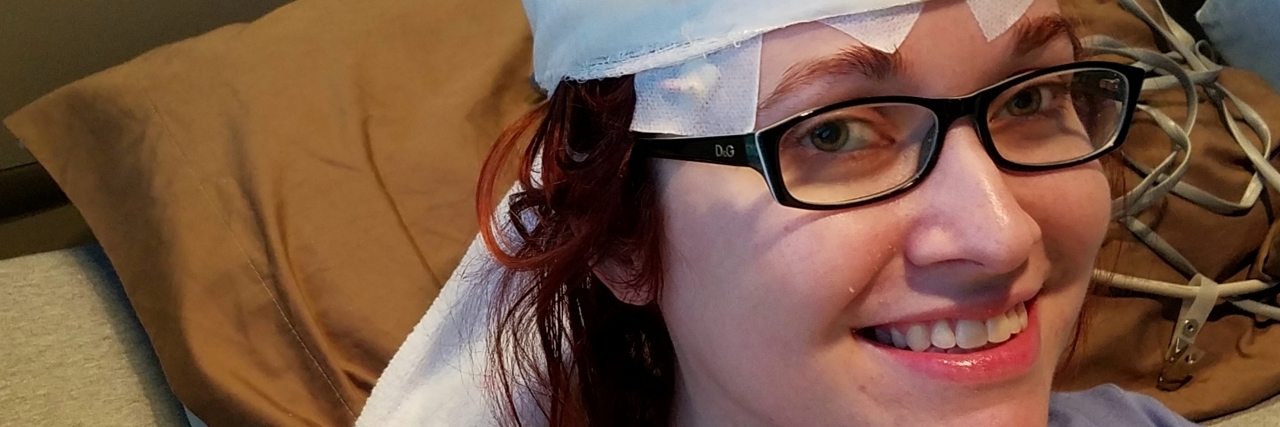Why Some of Us Don't Cling to Hope While Living With Chronic Illness
It’s a simple placation, one most of us have heard since birth: “Don’t give up hope.”
While some people view this as a benign statement, for some of us, it’s not. Telling someone not to give up hope can be hurtful for two reasons: it can insinuate that someone has done something wrong (i.e. giving up hope, being “defeatist”), and also encourages hope where many people have had to give up hope in order to protect themselves. These messages are compounded when told to someone multiple times a week, as many people with chronic illness might understand.
In my world, giving up hope is not always defeatist, it is a way to be realistic and protective. The nature of chronic illness usually means that it is going to be there for the rest of your life, and living in a rose-colored world of dreams where that is not the case can result in being closer to denial for some. And for those who don’t cling to hope, encouraging that naivety can be detrimental to our mental health.
Most people with chronic illnesses go through a mourning period over the life they once dreamed of, a life their health stole from them. From experience, I know how painful each stage of grief is, but oftentimes you still can come out of it with a better outlook on life. To attain that outlook, however, some people with chronic illness have to give up hoping for a “normal” healthy life. Is there a chance that one day our illnesses will be cured? Of course there is, however slim it may or may not be. But for some, holding onto the hope of being cured can mean putting life on hold until that day comes.
In order to adapt to new challenges and live the best life possible, most people have to let go of hoping for a magical, far-off cure because they don’t want to keep their life on a shelf. This isn’t being defeatist or pessimistic, it is being realistic and pragmatic. Most importantly, it’s often the healthiest option for some of us emotionally.
When someone sees a person with a chronic illness, particularly if they’re young, they want to comfort them. It can be jarring for a healthy person to hear a 26-year-old say there’s no hope for her to ever be healthy again, and their instinct is to tell them otherwise.
While you may be coming from a good place, being told not to give up hope can sometimes feel like rubbing salt in a wound. The truth is that while some of us might miss the wide-eyed, hopeful person we once were, that person might not be able to survive the lives many of us must now endure after becoming chronically ill.
For some of us, having hope can be painful. So please, the next time you want to comfort someone with a chronic illness, and they don’t feel hopeful, recognize they might be in a different place than you’re used to emotionally. And that’s OK.

